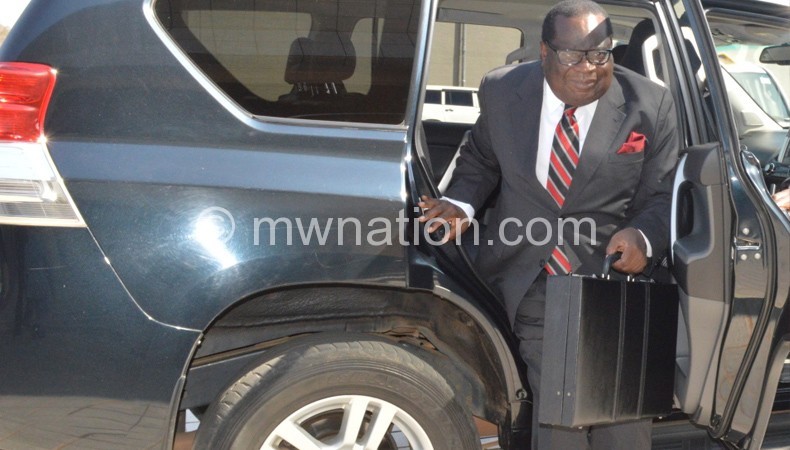Government maintains 14.2% inflation target
Government has maintained inflation target at 14.2 percent according to the Third Monetary Policy Statement (MPS) released yesterday by the Reserve Bank of Malawi (RBM).
Inflation targets for monetary policy are ordinarily set by the National Economic Management Committee that is chaired by the Minister of Finance and Economic Planning and Development.

“The inflation target for the fiscal year ending-June 2016, as stated in the Budget Statement by the Minister of Finance, has been set at 14.2 percent.
“This target translates to implementing monetary measures aimed at the attainment of an average inflation rate of about 21.0 percent for the calendar year 2016 for monetary programming purposes. In addition, the bank will aim at maintaining a minimum of 3 months import cover in foreign exchange reserves in the medium-term in order to anchor inflationary expectations,” the bank said in a statement signed by RBM Governor Charles Chuka.
RBM said over the past six months, inflationary pressures mounted because the onset of depreciation was earlier than expected and also on account of rising food prices.
Inflation in June 2015 stood at 21.3 percent against a target of 15.0 percent while it is expected that inflation for December 2015 will be 26.2 percent compared to the initial projection of 12.0 percent.
Chuka said the central bank will continue to work on enhancing the transmission mechanism of monetary policy measures.

“In addition, existing systems for coordination of fiscal and monetary policies shall be enhanced. The aim of monetary policy is, therefore, to drive inflation down to around 14.2 percent by June 2016.
“Of essence in attaining these targets are low domestic food prices, low and stable domestic pump prices for petroleum products and minimal exchange rate volatility,” RBM adds.
Projection by IMF and other economic experts suggest that the county could only register a single-digit inflation figure in 2017.
Reducing inflation is the most important policy issue for Malawi in the near term, the International Monetary Fund (IMF) has said.
The institution, also observes in its latest country report for Malawi that the country’s prevailing high inflation rate is keeping growth below the average for low income countries in sub-Saharan Africa.
“High inflation is hampering real gross domestic product growth, which averaged only four percent during 2012–15 and significantly below the seven percent targeted under Malawi’s Growth and Development Strategy,” says IMF in the report made available to Business News by IMF mission chief for Malawi, Oral Williams.
IMF’s assertion comes barely two days after Minister of Finance, Economic Planning and Development Goodall Gondwe painted a positive outlook on the future of Malawi, expecting the rate of both inflation and interest rates to ease and overall culminate into a stable economy by May this year.
Gondwe during a news briefing in Lilongwe on Tuesday, said he is keeping his fingers crossed to see both inflation and interest rate lowering due to a controlled government over-borrowing.





